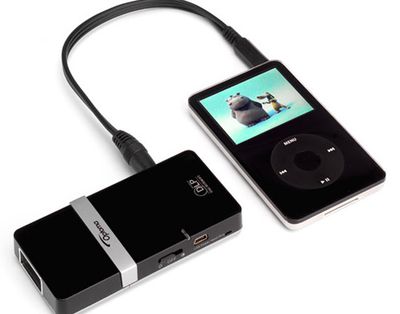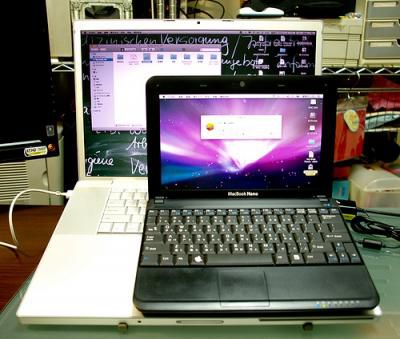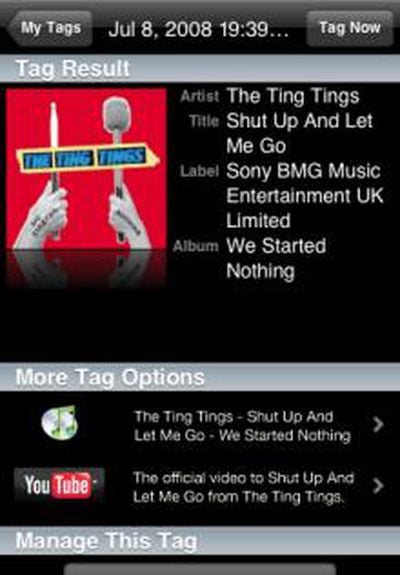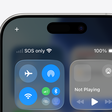According to Electronista, recent court filings suggest that IBM may be concerned that Mark Papermaster could transmit knowledge about an upcoming IBM memory technology to Apple. Papermaster is the former IBM chip designer that recently accepted a job at Apple which triggered a lawsuit from IBM over a non-compete agreement.
The memory technology called "racetrack" memory was previously detailed in a Times Online article:
Scientists at IBM say they have developed a new type of digital storage which would enable a device such as an MP3 player to store about half a million songs - or 3,500 films - and cost far less to produce.
The new technology is said to require much less power and could run on a single battery charge for "weeks at a time." The technology, however, was described as "exploratory" just earlier this year and end-user products weren't expected for 10 years.
It's unclear how involved Papermaster was in the development of this technology, and how serious a concern this is for IBM. Papermaster was IBM's vice president of microprocessor technology development prior to his departure.
Update: ZDNet reports the connection between Papermaster and "racetrack" memory is very tenuous at best.



















